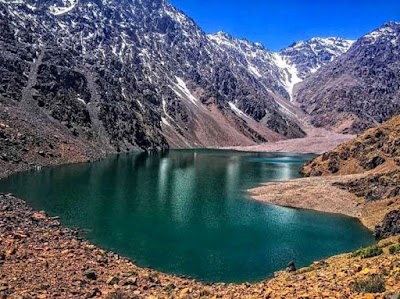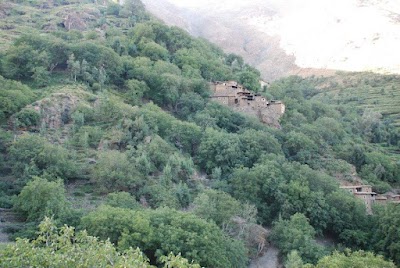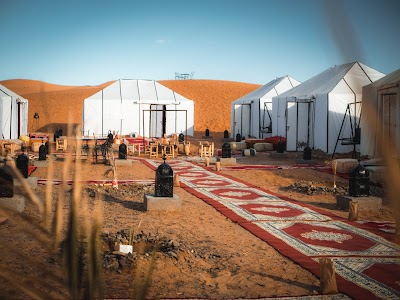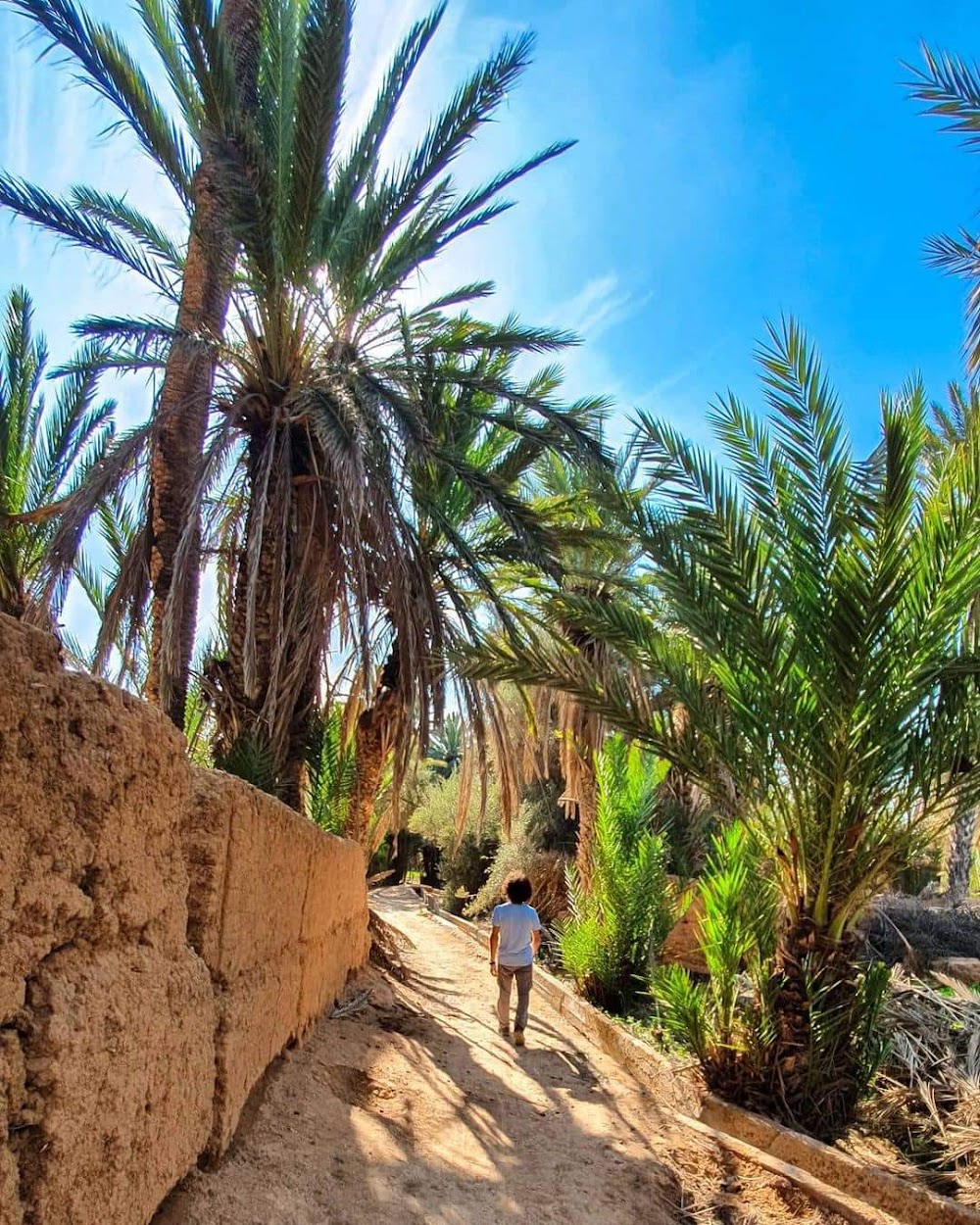Lake Ifni (بحيرة إيفني)
Overview
Lake Ifni, nestled in the Atlas Mountains of Morocco, is one of the country’s best-kept secrets, offering an unforgettable experience for adventurers and nature lovers alike. Located within the stunning Toubkal National Park, this serene alpine lake sits at an impressive altitude of approximately 2,295 meters (7,530 feet) above sea level. Roughly 70 kilometers south of Marrakesh, Lake Ifni provides a peaceful escape from the hustle and bustle of city life while showcasing the raw beauty and rich culture of Morocco.
Historically, Lake Ifni holds great significance for the Berber communities that inhabit the surrounding region. These indigenous people have lived in harmony with their natural environment for centuries, preserving their traditional way of life in nearby villages. The Berber name for the lake, “Aguelmam Ifni,” translates directly to “lake of Ifni,” and it is often regarded as a sacred site. Locals believe that the lake possesses mystical properties, playing a crucial role in their folklore and religious practices.
The trek to Lake Ifni is an adventure in itself, rewarding hikers with breathtaking landscapes along the way. The journey typically starts in the village of Amsouzart, which serves as the primary gateway to the lake. From Amsouzart, trekkers embark on a challenging yet immensely rewarding hike that traverses rugged terrains, mountain passes, and verdant valleys. The path is lined with traditional Berber villages, terraced fields, and lush orchards, providing glimpses into the daily lives of local inhabitants and their sustainable agricultural practices.
Upon arrival at Lake Ifni, visitors are greeted by crystal-clear waters framed by the towering peaks of the Atlas Mountains. The lake’s unique turquoise hue, a result of its glacial origins and mineral-rich waters, is truly mesmerizing. As the largest lake in the High Atlas region, Lake Ifni has become increasingly popular among hikers, nature enthusiasts, and photographers eager to capture the untouched beauty of Morocco’s mountainous heartland.
For those looking to explore the lake’s surroundings, there are plenty of activities to enjoy. Swimming in the lake’s cool, refreshing waters is a popular pastime, especially during the warmer months. Anglers can try their luck fishing, as the lake is home to several species of fish. Camping along the lakeside is favored by trekkers, allowing them to immerse themselves in the tranquility of the area under a canopy of stars. The absence of light pollution in this remote location makes it an ideal spot for stargazing.
Lake Ifni also serves as a base for the more adventurous travelers aiming to summit Mount Toubkal, the highest peak in North Africa. The challenging hike to the summit attracts climbers from around the world, but the route via Lake Ifni offers a unique experience that combines the thrill of mountain climbing with the serene beauty of the lake.
In addition to its natural splendor, Lake Ifni is vital for the region’s ecosystem. Fed by snowmelt from the surrounding peaks, the lake plays a crucial role in sustaining the area’s flora and fauna. The lush vegetation around the lake supports a diverse array of wildlife, including various bird species, making it a haven for bird-watchers.
Despite its growing popularity, Lake Ifni remains relatively unspoiled thanks to its remote location and the effort required to reach it. Visitors are encouraged to practice responsible tourism by minimizing their environmental impact, respecting local customs, and contributing to the preservation of this pristine natural wonder.
In conclusion, Lake Ifni is a destination that embodies the essence of Morocco’s natural beauty and cultural heritage. Whether you are a seasoned trekker, an avid nature lover, or simply someone seeking peace and solitude amidst stunning landscapes, Lake Ifni offers a unique and enriching experience. Its historical significance, combined with breathtaking scenery, makes it a must-visit spot for any traveler eager to explore the hidden treasures of the Atlas Mountains.






